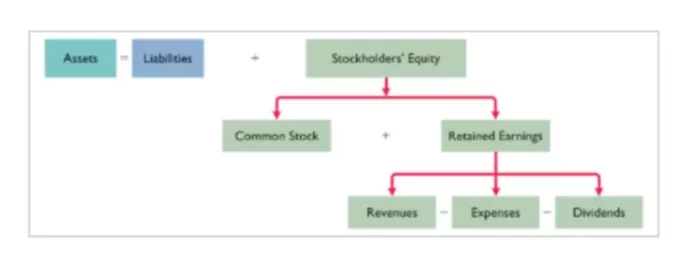
Due to the sensitive nature of the production, Joe needs a consistent, high-quality, dependable supplier of raw materials. So, he reaches out to his distributor X, who supplies him with condensers and compressors. Also, according to the terms, he must wait for his supplies for three years. It’s important to understand the difference between an expenditure and an expense.
- Typically, these expenditures are used to fund ongoing operations – which, when they are expensed, are known as operating expenses.
- The documents exist to enable organizations to maintain tight control over their transactions.
- It is recorded at a single point in time (the time of purchase), compared to an expense that is recorded in a period where it has been used up or expired.
- It’s important to understand the difference between an expenditure and an expense.
CapEx is related to long-term spending – a major investment – while a revenue expenditure is related to short-term operating expenses. They are both recorded in the same financial year as they are incurred and cannot be forwarded to the next financial year. A revenue expenditure occurs when a company spends money on a short-term benefit (i.e., less than one year).
Supercharge your skills with Premium Templates
An expenditure represents a payment with either cash or credit to purchase goods or services. It is recorded at a single point in time (the time of purchase), compared to an expense that is recorded in a period where it has been used up or expired. This guide will review the different types of expenditures used in accounting and finance. In this case, it is evident that the benefit of acquiring the machine will be greater than one year, so a capital expenditure is incurred. Over time, the company will depreciate the machine as an expense (depreciation).

Though related, they’re actually different and have some important nuances you must know about.
Words Nearby expenditure
For example, the cost of goods sold can be considered a revenue expenditure, as can a maintenance expenditure. In short, a capital expenditure is intended to cover a longer period of time than a revenue expenditure. Also, capital expenditures are charged to expense via depreciation over an extended period of time, while revenue expenditures are charged to expense very quickly. A capital expenditure is an expenditure for a high-value item that is to be recorded as a long-term asset. A business usually sets a capitalization limit (or cap limit) for classifying expenditures as capital expenditures. A cap limit is established in order to keep an organization from recognizing low-cost items as fixed assets (which can be time consuming).
Due to the increase in demand for its high-profiled iron sheets, the company executives decide to buy a new minting machine to revamp production. They estimate the new machine will be able to improve production by 35%, thus closing the gap in the demanding market. Over 1.8 million professionals use CFI to learn accounting, financial analysis, modeling and more. Start with a free account to explore 20+ always-free courses and hundreds of finance templates and cheat sheets.
As a consequence, it cannot deduct the full cost of the asset in the same financial year. Therefore, it spreads these deductions over the useful life of the asset. The value of this asset will be shown on the balance sheet, under non-current assets, as part of plant, property, and equipment (PP&E).
AccountingTools
A fixed asset is expected to provide value for a business for an extended period of time, perhaps more than a decade. During that time, the fixed asset may contribute to the generation of company revenues, such as when a machine in the production department is used to produce goods for sale to customers. A revenue expenditure is made in order to generate a specific revenue transaction, or to be consumed within a specific operating period.
An expenditure is a payment or the incurrence of a liability in exchange for goods or services. Evidence of the documentation triggered by an expenditure is a sales receipt or an invoice. Organizations tend to maintain tight controls over expenditures, to keep from incurring losses. Let’s assume that Joe specializes in the manufacturing of refrigerators.
An expenditure is not necessarily the same as an expense, since an expense represents the reduction in value of an asset, whereas an expenditure simply indicates the procurement of an asset. Thus, an expenditure covers a specific point in time, while an expense may be incurred over a much longer period of time. Conversely, the advance payment of rent is an expenditure, but does not become expense until the period has passed to which the rent payment applies.
Typically, these expenditures are used to fund ongoing operations – which, when they are expensed, are known as operating expenses. It is not until the expenditure is recorded as an expense that income is impacted. Deferred revenue expenditure, or deferred expense, refer to an advance payment for goods or services. The arrangement is usually an agreement that the company will receive a service or goods in the future – but it pays for the goods or services in advance. Because the investment is a capital expenditure, the benefits to the business will come over several years.